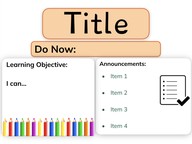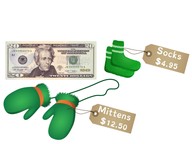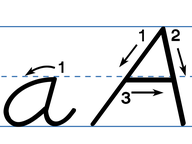
Review simple, compound, and complex sentences
I can identify simple, compound, and complex sentences.
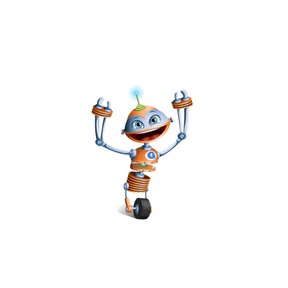
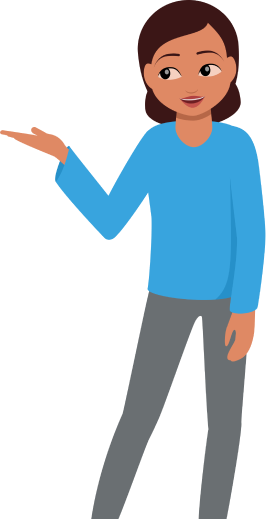

8,000 schools use Gynzy
92,000 teachers use Gynzy
1,600,000 students use Gynzy
General
In this lesson, students will learn how to identify simple, compound, and complex sentences. They will do a series of activities to learn about the parts of these sentences.
Standards
CCSS.ELA-Literacy.L.3.1i
Learning objective
Students will be able to identify simple, compound, and complex sentences and write an example of each.
Introduction
Students will determine if 4 groups of words are complete sentences or if they include a fragment. Discuss why students would want to use different types of sentences in their writing.
Instruction
Explain that a simple sentence expresses a single, complete thought, and contains a subject and a predicate. Explain that a compound sentence is 2 or more simple sentences joined together by a comma followed by a coordinating conjunction. Use FANBOYS to review coordinating conjunctions. Students will use two columns and create compound sentences by combining Column A and Column B with a coordinating conjunction.
Next, explain that a complex sentence has one independent clause and one or more dependent clauses. Students will read some examples, like "Since my computer is broken, I have more time to read my book." They will then identify the independent and dependent clauses. Then, students will determine if sentences are simple, compound, or complex.
Quiz
Students will respond to ten multiple-choice and true/false questions.
Closing
Students will recall what they learned in this lesson:
- How can you tell the difference between the sentence types?
- What are some examples of coordinating and subordinating conjunctions?
The online teaching platform for interactive whiteboards and displays in schools
Save time building lessons
Manage the classroom more efficiently
Increase student engagement
Discover more!
About Gynzy
Gynzy is an online teaching platform for interactive whiteboards and displays in schools.
With a focus on elementary education, Gynzy’s Whiteboard, digital tools, and activities make it easy for teachers to save time building lessons, increase student engagement, and make classroom management more efficient.
